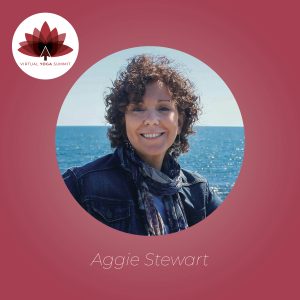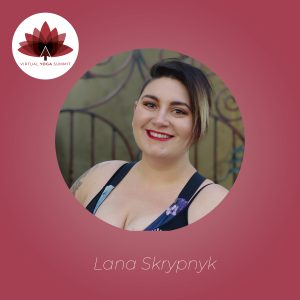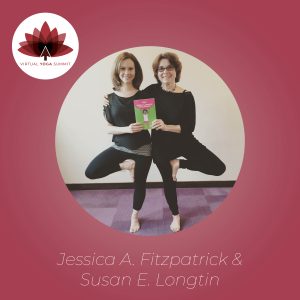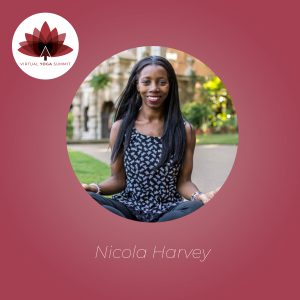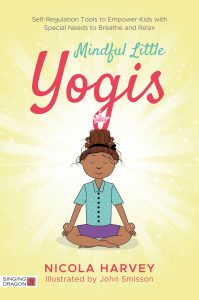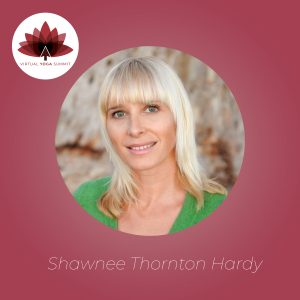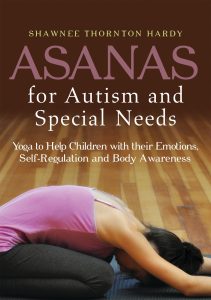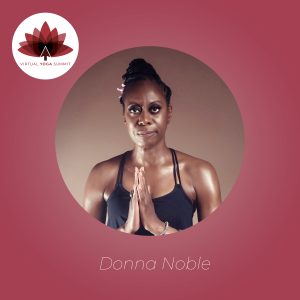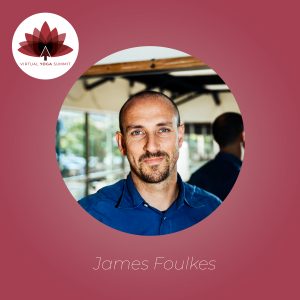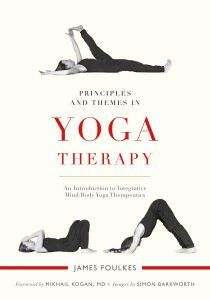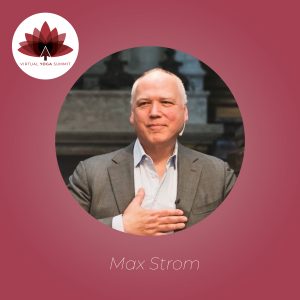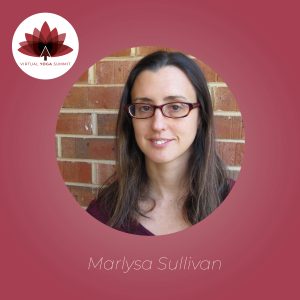
Marlysa Sullivan is an assistant professor of Yoga Therapy and Integrative Health Sciences at Maryland University of Integrative Health. She is also adjunct faculty at Emory University in the doctor of physical therapy where she teaches an elective on integrating yoga into physical therapy care. Her research interests have focused on developing an explanatory model of yoga therapy based on philosophical and neurophysiological principles. She is the co-editor of the book Yoga and Science in Pain Care: Treating the Person in Pain (Singing Dragon, 2019).
In this video, Marlysa guides viewers through a meditation practice for inner well-being.
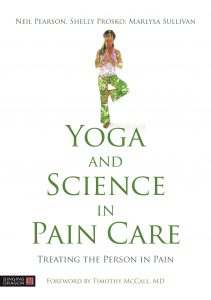 Yoga and Science in Pain Care
Yoga and Science in Pain Care
Treating the Person in Pain
Edited by Neil Pearson, Shelly Prosko and Marlysa Sullivan. Foreword by Timothy McCall.
This is an integrated approach to pain rehabilitation that combines pain science, rehabilitation and yoga with evidence-based approaches from respected contributors. The book shows how to integrate the practices of yoga and pain science, and promotes the movement to a patient-valued, partnership-based biopsychosocial-spiritual model of healthcare. Read more
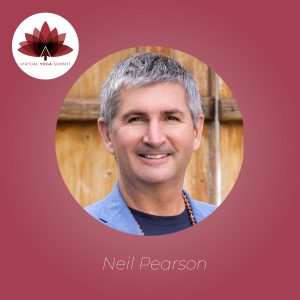 powerful, as is pain. Both can be forceful motivators of behavioural change. Spoken language can be interpreted in many ways. Sometimes we even question whether words mean what we think they mean. Pain can be the same. We wonder whether pain really is intended to “get us to stop or change our behaviour”. We might also wonder “exactly what is it that I am supposed to change? Maybe the change I need to make is to stop responding this way to my pain!”
powerful, as is pain. Both can be forceful motivators of behavioural change. Spoken language can be interpreted in many ways. Sometimes we even question whether words mean what we think they mean. Pain can be the same. We wonder whether pain really is intended to “get us to stop or change our behaviour”. We might also wonder “exactly what is it that I am supposed to change? Maybe the change I need to make is to stop responding this way to my pain!”